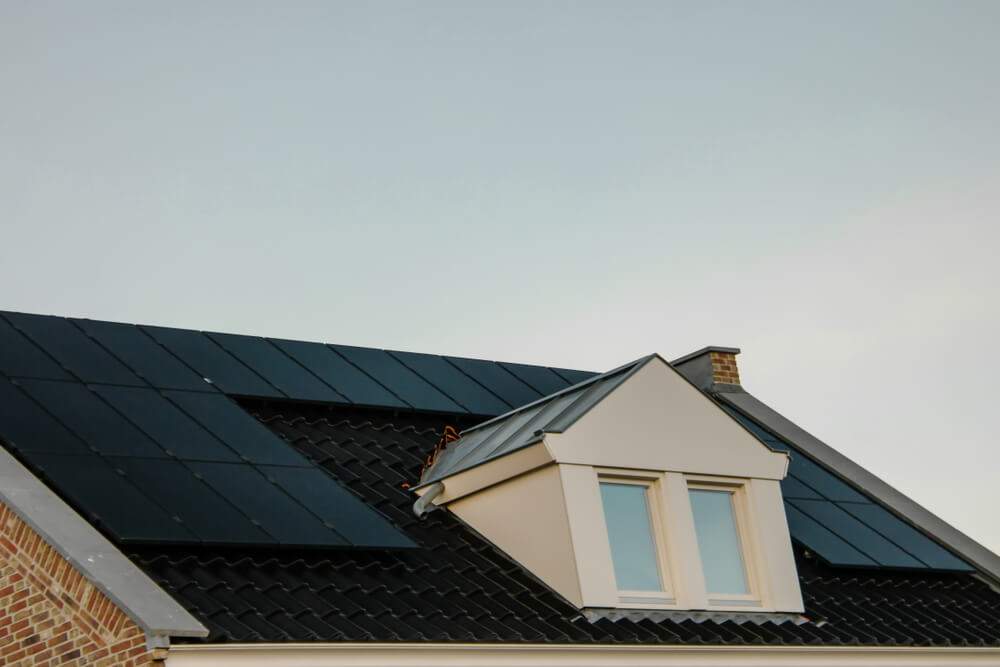It cannot have escaped many people’s attention that energy prices have been rising rapidly over the past months. Consumers everywhere are growing more and more concerned about how to pay their fuel bills. So, why is this happening? Repercussions from COVID-19, as well as other global events, such as the conflict in Ukraine and its wider political fallout, have collided to place enormous pressure on oil supplies and energy prices around the world. Energy companies going bust have also had a large impact on supply versus demand. Media headlines about the energy crisis are frequent and fuel prices are increasing very quickly.
In April 2022, Ofgem (UK government department that regulates UK gas and electricity companies) announced an increase to the energy price cap of an average of 54%. At the time of writing, this looks set to rise even further in October, although the Government has just announced measures to keep the price cap at an average of £2,500 for a typical household (SOURCE:). This will go some way to help combat the escalating costs, but it will not totally solve the problem. Particularly as winter is around the corner with colder temperatures and increased demands for energy. If not enough is done to slow down the rate of energy costs, fuel bills could reach staggeringly high amounts for many energy customers in 2023 and beyond.
Solar power: surge in demand?
The prospect of much higher energy bills could spark an increase in interest for many around solar PV panel systems for domestic and commercial use. Installing solar panels will not result in immediate energy bill reductions – indeed, the system will require an initial financial outlay to buy it and have it fitted. However, in the longer term, some experts are predicting that solar panels could save householders as much as £3,000 per year if conventional energy prices continue to rise at the same rate.
Interest in renewable energy, such as solar power, heat pumps etc., is high right now, not only because of the rising costs of electricity. Sustainable living and working is a major agenda item for businesses, government departments, charities and other organisations. Switching away from fossil fuels to renewable alternatives could play a large part in reducing carbon footprints. It could radically change behaviours around energy production and consumption too, as people wake up to its possibilities.
What’s more, the energy produced by solar panels can be stored for use when the sun is not so strong, or at night. Excess can be sold back to the National Grid to help ease pressure on electricity supplies. This is possible through the Government’s Smart Export Guarantee (SEG) scheme. The SEG scheme replaces a previous feed-in tariff (FIT), which was slightly more generous. However, it still helps households generating solar power to get paid for the electricity they do not use themselves.
While energy prices have soared, the costs of installing solar panels have remained far more stable. They can also be reclaimed within a family’s budget, thanks to a reduced reliance on the National Grid for power. They can also add value to a property when it comes to selling up and moving home or commercial premises. It is thought that the financial ‘break-even’ point for an installed solar panel system is around 15 years. Therefore having an existing system already in place can help add value to domestic housing or commercial premises prices.

The best way to set up solar panels
The best situation for a solar panel system to be installed is on a south-facing, sloping roof that receives direct sunlight between the hours of 10am and 4pm. There should be plenty of space for the panels to be installed and the area should not be shaded by trees, other buildings etc. This is ideal for harnessing the maximum amount of solar power. The roof should be in good condition so that the panels can fix strongly to it without being able to fall or wriggle loose during heavy winds or storms.
You normally won’t need to seek planning permission for installing solar panels, but it is wise to double check if you are unsure. Always get multiple quotes for solar panels, or consult an expert advisor, such as UPS Solar to find the best match for your property and energy requirements.